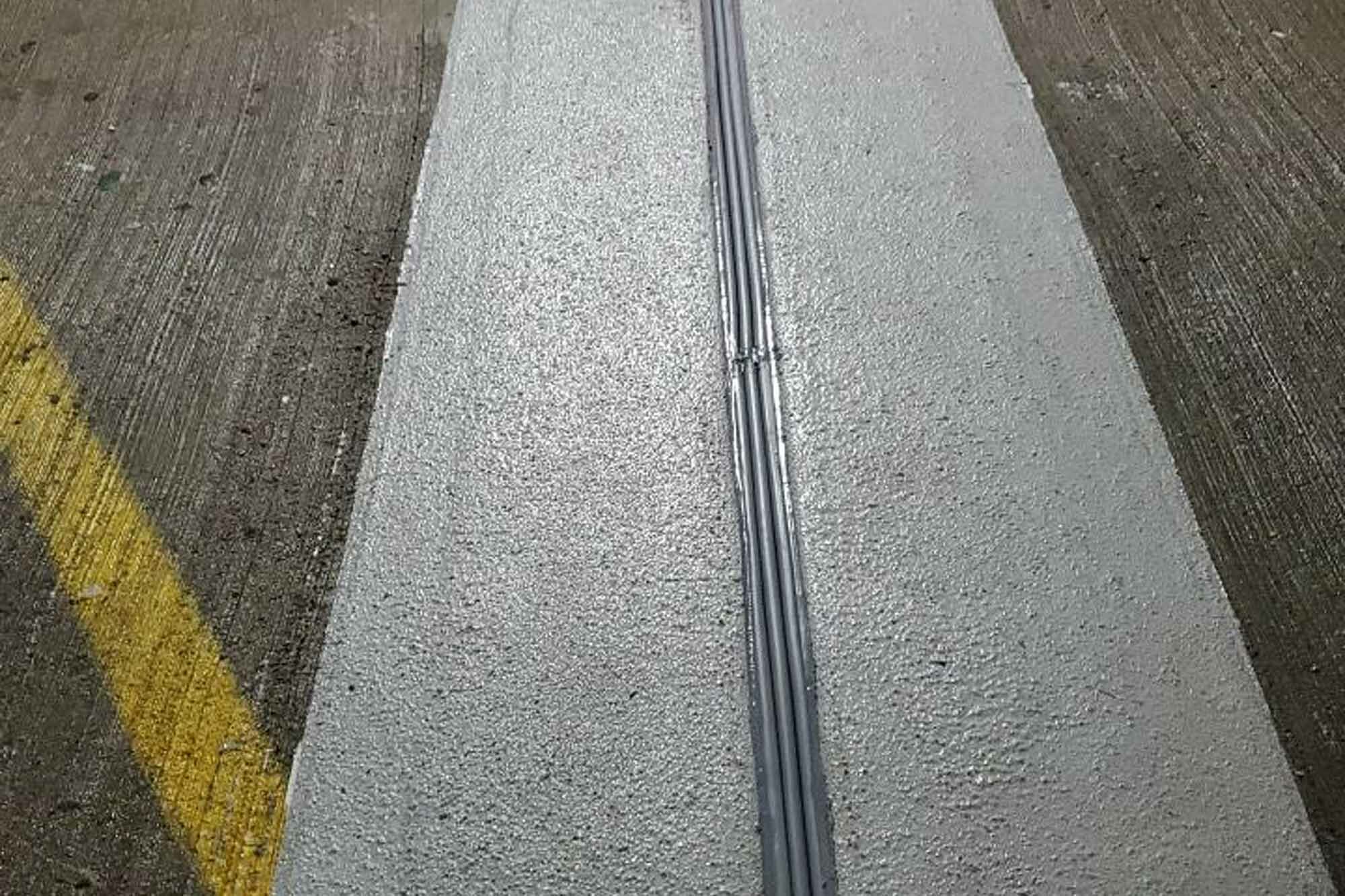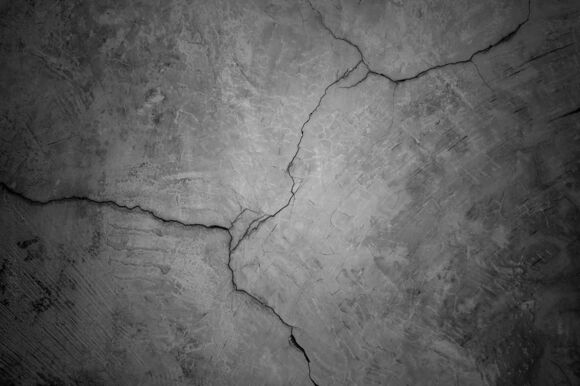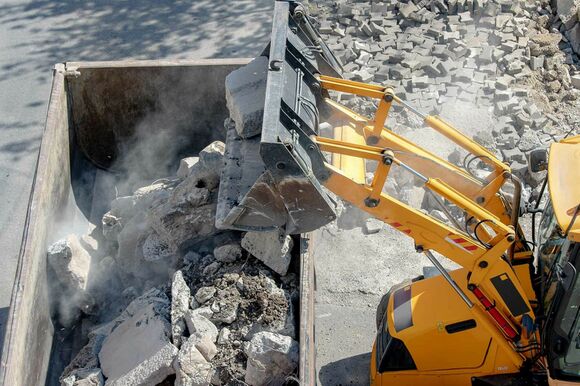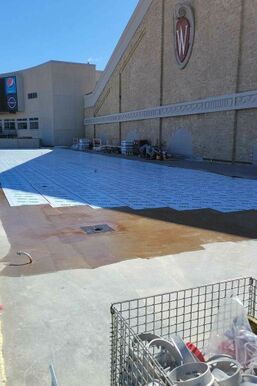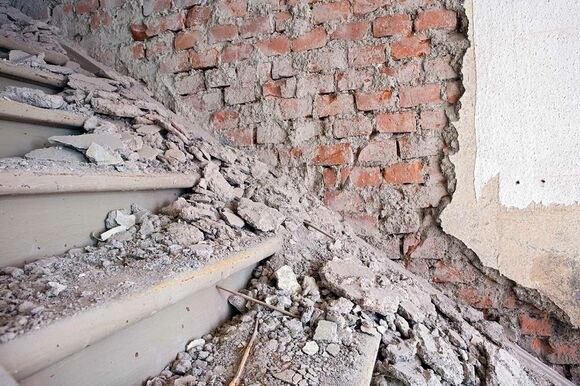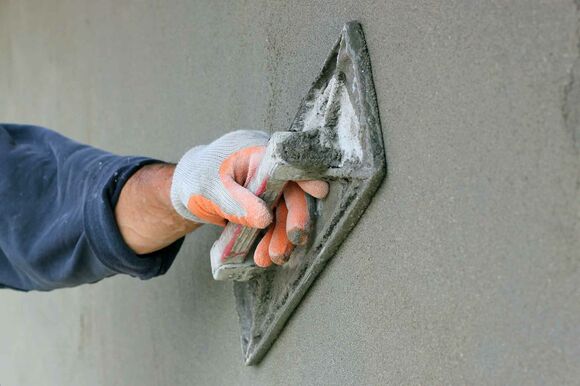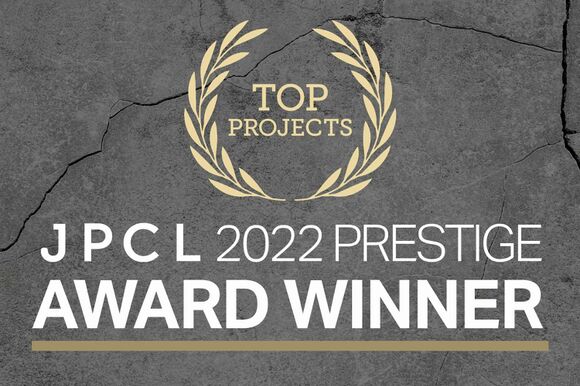In commercial construction, ensuring the longevity and structural integrity of buildings is paramount. One critical aspect often overlooked is expansion joints. These joints play a crucial role in accommodating the natural movement of due to temperature fluctuations, seismic activity, and settling. This comprehensive guide delves into the significance of expansion joints, their commercial applications, and why entrusting experts like CMR is imperative for their repair and maintenance.
What are Expansion Joints?
Expansion joints are designed to allow for the controlled movement of structures. Without them, the stress from expansion and contraction caused by environmental factors such as temperature changes and building settlement can lead to cracks, water infiltration, and structural instability. These joints consist of flexible materials like neoprene, rubber, or foam inserted between sections to absorb movement while maintaining structural integrity.
Commercial Applications of Expansion Joints
In commercial construction, expansion joints find widespread use in various applications:
1. High-Rise Buildings: Tall structures are subjected to significant vertical and lateral movement, necessitating robust expansion joint systems to prevent damage.
2. Bridges and Infrastructure: components in bridges and infrastructure endure constant stress from vehicular traffic and environmental conditions, making expansion joints indispensable for their longevity.
3. Commercial Complexes: shopping malls, office buildings, and hotels utilize expansion joints to preserve aesthetics and structural stability, mitigating the risk of unsightly cracks and water damage.
4. Industrial Facilities: Factories and warehouses require durable expansion joints to withstand heavy machinery vibrations and temperature differentials, ensuring uninterrupted operations.
Are Expansion Joints Necessary in Concrete?
Expansion joints are essential components in concrete structures due to the inherent properties of concrete and the environmental conditions to which these structures are exposed. Several factors necessitate the incorporation of expansion joints:
1. Temperature Variations: Concrete expands and contracts with temperature fluctuations. In hot weather, concrete expands, while in cold weather, it contracts. Without expansion joints, this thermal movement can lead to cracking and structural damage. Expansion joints accommodate this movement, preventing stress buildup within the concrete.
2. Concrete Shrinkage: During the curing process, concrete undergoes shrinkage as water evaporates and the material consolidates. If not properly managed, this shrinkage can result in cracking. Expansion joints provide relief points where shrinkage can occur without compromising the structural integrity of the concrete.
3. Structural Movement: Beyond temperature and shrinkage, structural movement due to settlement, seismic activity, or loading can exert forces on concrete structures. Expansion joints allow for controlled movement, reducing the risk of cracks and damage.
4. Preventing Cracks: Cuts in concrete compromise aesthetics and jeopardize the structural integrity and durability of the structure. Expansion joints help prevent random cracking by providing designated areas where the concrete can move without restraint.
5. Water Infiltration: Cracks in concrete allow water to penetrate, which can lead to corrosion of reinforcement steel, deterioration of concrete, and compromised structural stability. When adequately sealed, expansion joints help prevent water infiltration, preserving the integrity of the concrete.
Overall, expansion joints are necessary for concrete structures to accommodate thermal expansion and contraction, shrinkage, and structural movement and prevent cracking and water infiltration. Properly designed and maintained expansion joints contribute to concrete infrastructure's longevity, durability, and safety.
Why Choose CMR for Expansion Joint Repair
When it comes to maintaining and repairing expansion joints, entrusting the task to seasoned professionals is crucial, and CMR stands out as a premier choice for several compelling reasons.
With years of experience in commercial construction and work, CMR boasts a team of skilled technicians proficient in identifying, assessing, and repairing expansion joint issues promptly and effectively.
Additionally, CMR utilizes state-of-the-art equipment and cutting-edge techniques tailored to the unique requirements of expansion joint repair, ensuring precision, durability, and minimal disruption to your commercial operations. Whether it's sealing cracks, replacing worn-out joint materials, or installing new expansion joint systems, CMR offers comprehensive solutions tailored to your specific needs, ensuring long-term performance and peace of mind.
Moreover, CMR prioritizes quality and customer satisfaction above all else. It executes every repair project with meticulous attention to detail, adhering to industry best practices and safety standards to deliver superior results that stand the test of time. Recognizing the importance of timely repairs in minimizing downtime and preventing further damage, CMR commits to prompt project completion without compromising on quality, with transparent pricing ensuring exceptional value for your investment.
At CMR, customer satisfaction is paramount. Their dedicated team collaborates closely with clients, providing personalized solutions, transparent communication, and ongoing support to address any concerns or queries throughout the project lifecycle.
Contact CMR today to request a quote for your project!
